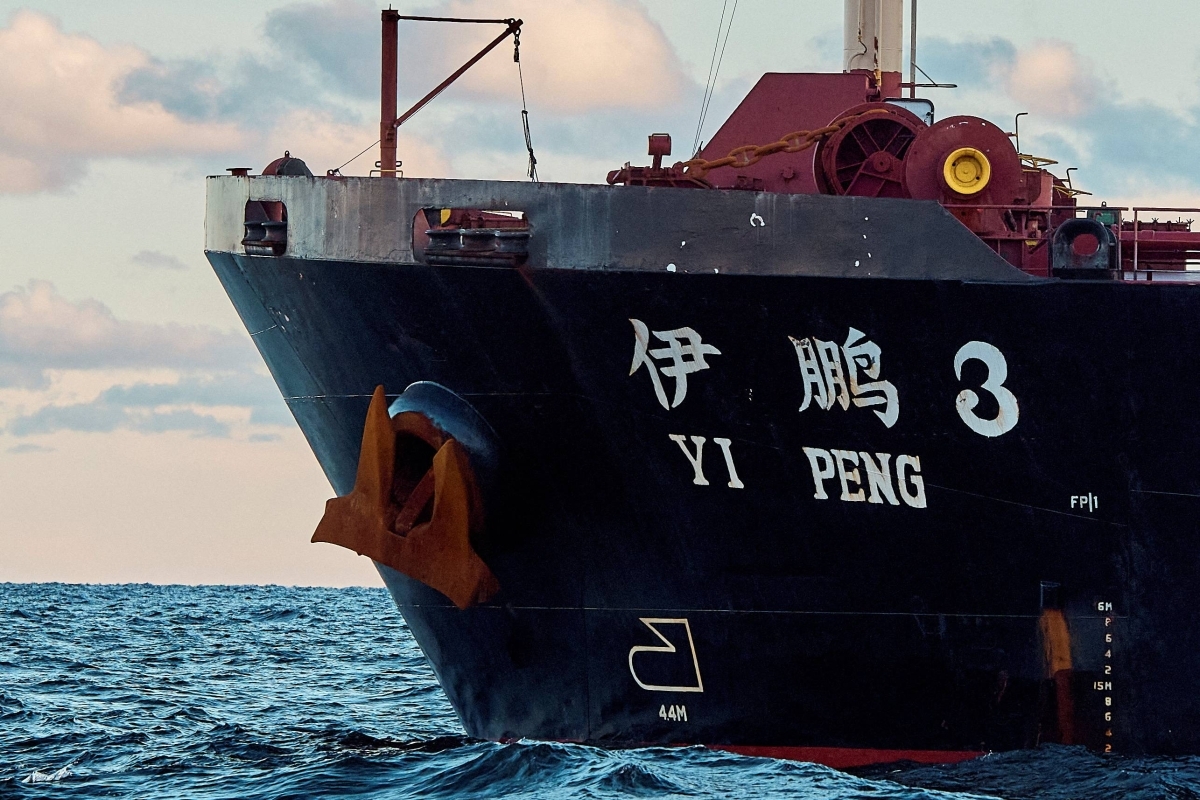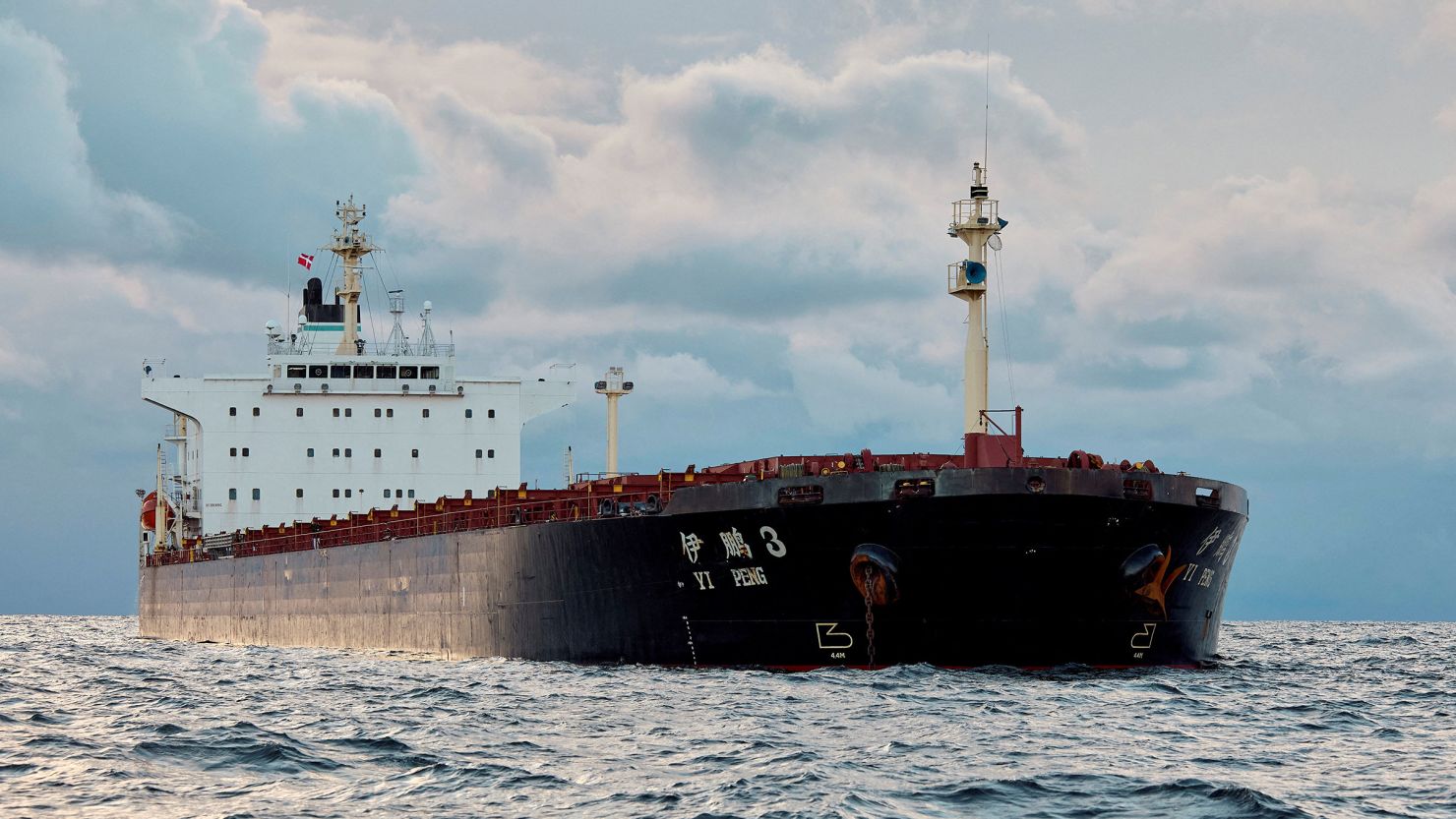On Thursday, Swedish police confirmed their involvement in the investigation of a Chinese bulk carrier, the Yi Peng 3, which is suspected of being connected to recent breaches of undersea fiber-optic cables in the Baltic Sea. This development comes after the vessel, which had been stationary in nearby waters for a month, was boarded at the invitation of Chinese authorities. The breaches occurred in mid-November when two critical undersea cables linking Finland, Germany, Sweden, and Lithuania were damaged. The Swedish investigation is focused on whether these events were acts of sabotage, given the strategic significance of the affected communications infrastructure.
The Yi Peng 3 became a key point of interest for investigators after MarineTraffic data revealed that the ship’s location at the time of the cable breaches matched the coordinates of the damage. The vessel had left the Russian port of Ust-Luga on November 15, shortly before the incidents occurred. Authorities from Sweden, Finland, and Germany have voiced strong concerns over the possible sabotage of these cables, which are vital for regional communications. German Defense Minister Boris Pistorius speculated that the damage was likely caused by deliberate actions, intensifying fears of hybrid warfare in the context of rising tensions with Russia.

Swedish Police Investigate Chinese Bulk Carrier Linked to Sabotage of Baltic Sea Fiber-Optic Cables
Swedish police clarified their role in the investigation, stating that they were merely present as observers while Chinese officials conducted their own probe. This underscores the international cooperation involved, with Denmark facilitating the ship’s docking in the Kattegat Strait, a waterway between Denmark and Sweden. Despite this collaboration, Sweden remains the lead investigator, focusing on potential sabotage. Swedish prosecutors are treating the cable damage as a serious crime and are exploring all possible explanations for the breach, with particular attention to the involvement of Yi Peng 3.
The damage to the Baltic Sea cables, which occurred on November 17 and 18, has prompted alarm in Europe, with officials worried about the security of the region’s telecommunications. These cables are essential for connecting several European countries, and their sudden severing could have significant economic and strategic repercussions. While Western intelligence agencies have pointed to the Yi Peng 3 as the ship responsible for the damage, there is still uncertainty over whether the incident was accidental or a deliberate act of sabotage intended to disrupt European communication networks.
Prime Minister Ulf Kristersson of Sweden has called for the return of the Yi Peng 3 to Swedish waters to assist with the ongoing investigation. His government is keen to uncover the true cause of the damage and to ensure that European security is not further compromised. As of now, the Chinese government has not issued an official response, leaving the situation shrouded in uncertainty. The investigation continues, with Sweden and its allies working to determine whether this incident is part of a broader campaign of hybrid warfare or a standalone event.











































